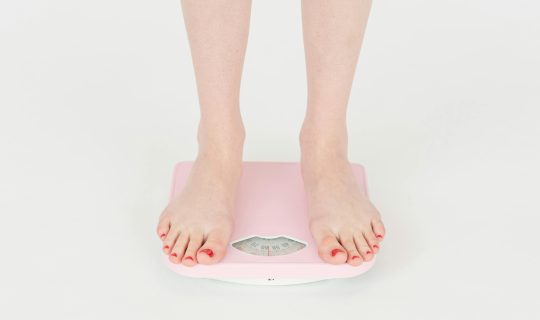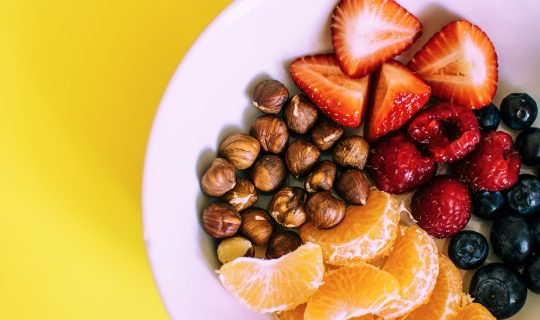Ozempic, Wegovy and other GLP-1 agonists — often referred to as weight loss jabs — have become almost impossible to ignore. They’re widely promoted for appetite control, weight loss and improved blood sugar regulation, and for many busy women they seem like a welcome shortcut when trying to lose some extra weight (not discussing here…
How to reduce Sugar Cravings
by Lucia Stansbie
We are surrounded by sweets and sugary treats – it is very hard to resist! Whilst I believe enjoying the occasional treat during the festive season is healthy and won’t hinder your diet, continuous sugar cravings and intake of sweets will. Tired of being in a never ending roller-coaster of sugar highs and sugar lows, that leave you craving for more and more sweets? Read my advice below!
Don’t skip meals
You might be tempted to skip a meal “to compensate” for having what you believe is too much of a sugary treat. An example is not having lunch after having a whole packet of biscuits as a mid-morning snack. This behaviour will leave you more fatigued by mid-afternoon, when you will be likely to crave more sweets as a quick pick-me-up. This happens because of blood sugar balance. Your blood sugar levels will have been relatively high right after the biscuits but would have dropped rather quickly after a few hours, leaving your body craving for a quick energy fix mid-afternoon. Sugar is the fastest way for our body to get energy, that’s why you have that urge to have more sweets! My advice is to keep having regular meals even if you had a treat – have plenty of fibre and some proteins to stabilise your blood sugar levels and to keep you full for longer, without craving for more sugar.
Have breakfast
Having a nutritious and protein rich breakfast sets you up for the day. This meal is quite important to kickstart the metabolism, stabilise blood sugar levels for the day and provide enough energy until lunchtime. Skipping breakfast will leave you exhausted and needing a quick sugar fix mid-morning, starting the sugar rush/sugar crush roller-coaster. Including proteins and fiber in your meal is important for satiety – eggs and spinach, yogurt and fruit, scrambled tofu and wholegrain bread…so many options!
Include carbs in your diet
Carbohydrates are long chains of glucose (sugar) molecules – the less refined (wholegrains, root vegetables, legumes), the longer the chain. Glucose is the favourite energy source for all our body cells, including the brain. Going on a strict diet and cutting out all carbs will lead in a few days to intense sugar cravings, as your cells will have exhausted all the glycogen (another form of glucose) reserves. Including carbohydrate sources such as root vegetables, grains and legumes in every meal will curb those intense cravings as your cells will have plenty of their favourite fuel!
Don’t deprive yourself totally of your favourite treat
The last piece of advice is not to demonise food and set yourself the unrealistic goal of never touching a biscuit or a slice of cake in your life ever again (unless it has been recommended for medical reasons). Despite not being nutritionally rich, those foods can be a balm for the soul and mood once in a while. Knowing that all foods can be part of a balanced diet will stop you from desperately craving them and will bring enjoyment to your life, as food is not only Kcal in and out but also joy!



